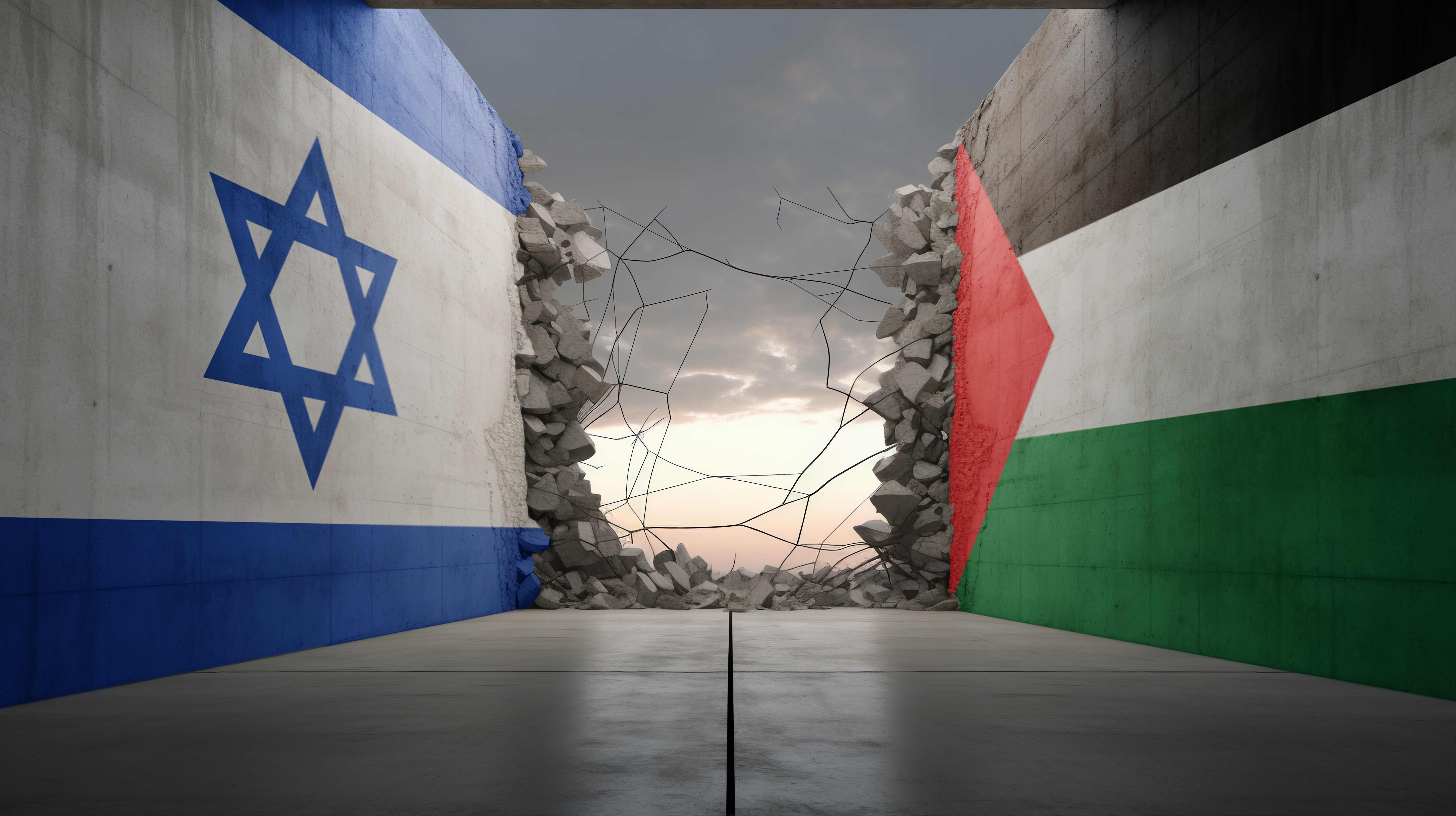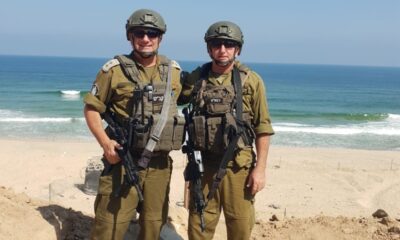
Israel

Israel’s messy middle – a treacherous place to be
Unsurprisingly, Israel has come in for a hammering at the strategic level of its war against Hamas. Previous articles alluded to the inevitability of a negative swing in world opinion. Long gone is the short-lived outrage many nations expressed in the wake of the 7 October barbaric massacres of Israeli civilians. A cruel, capricious world has all but forgotten about the fate of the Israeli hostages held in excruciating conditions. Hamas, a terrorist organisation in the minds of most sane people, has captured the headlines and holds the moral high ground. The likes of Norman Finkelstein, Cenk Uygur, and a host of pro-Palestinian reporters get hours of airtime peddling their barely disguised hate for the Israelis, indifferent to the plight of the hostages, Israeli dead, and incessant rocket attacks that continue daily.
Joining the ranks of those clamouring for Israelis to be brought to book for “genocide” is South Africa. It’s a particularly cynical charge levelled at Holocaust descendants who know all too well the face and lethal results of Jew hatred. The fact that it’s my beloved South Africa behind the latest moves to rob Jews of their tragic history and miraculous recovery makes it all the harder to endure. Frans Cronje mistakenly writes off South Africa as merely the political and legal wing of Iran in a recent ChaiFM interview. The topic of South Africa’s motivation for surrendering the middle ground and firmly endorsing Hamas is beyond the scope of this article. However, political analysts must desist from sweeping statements and fuelling the nonsense that passes for analysis and journalism. South Africa, punching far above its weight, has ambitions to assume the political leadership of BRICS (Brazil, Russia, India, China, South Africa, Egypt, Ethiopia, Iran, Saudi Arabia, and the United Arab Emirates) and Africa. Rather than trading off the miraculous settlement engineered in 1994, becoming the world leader in reconciliation, and gaining the world’s respect, the government chooses ideology over mediation. South Africa has abdicated her natural mediation role and has chosen expediency in a misguided quest to elevate her international status.
The strategic path ahead remains rocky and treacherous, regardless of the International Court of Justice (ICJ) findings. There’s no long-term military solution to the problem of ridding Gaza of Hamas. There never was. Formidable minds are needed to visualise the way forward out of this decades-old morass and reach a permanent solution in which the political aspirations of Israelis and Palestinians are catered for. It may seem premature to think of strategic solutions and enduring peace in the wake of the worst pogrom since the Holocaust. Failure to find a workable solution will lead to Israel’s expanding isolation. Ridding Gaza of Hamas is an operational objective that falls to the Israel Defense Forces (IDF). A permanent solution can be reached only at political level, and compromise from all sides is fundamental for that to happen. A glimmer of hope is that the Abraham Accords may eventually yield a viable solution to the Israeli-Palestinian conflict if Hamas doesn’t gain further traction in derailing the process.
At the operational level of war, the IDF continues to struggle with a messy urban battlefield which overwhelmingly favours Hamas, which is holed up in buildings and tunnels and indistinguishable from the local population. IDF casualties are mounting, and many of the killed and wounded seem to be senior officers, indicating that this is a company commander’s war. True to the IDF’s tradition, officers lead from the front, and their casualty rate seems disproportionate. The IDF doesn’t enjoy free rein to conduct the war with a minimum loss of soldier’s lives. As Palestinian civilian casualties mount, the IDF has come under increasing pressure from the United States and its allies to curtail its air operations and resort to more surgical ground strikes. As a result, there seems to be very little territorial gain in the past month, and the Israelis seem content for the moment to hold the ground they conquered in the first weeks of the operation.
Freeing Israeli hostages remains paramount, and the need to gain their release has also shaped IDF operations. Every ceasefire brings fresh supplies to Hamas and increases the morale of its fighters. The IDF has had to remain aware that its conduct at tactical level can have far-reaching strategic implications. The pro-Hamas press and social media revelled in schadenfreude when the IDF mistakenly killed three Israeli hostages who managed to escape. Young IDF soldiers taking to social media and TikTok have found their silly statements served up as evidence at the ICJ, together with ill-advised proclamations by some of Israel’s political elite. Asymmetrical warfare calls for extra vigilance in its conduct, and the need for professional and co-ordinated press liaison.
Troop reductions beginning on 1 January have considerably reduced the IDF’s fighting power in Gaza as it moves toward a “more targeted phase” of operations and allows some recovery to an economy under the strain of conscription. The New York Times reports:
“US officials said they expected the transition to rely more on surgical missions by smaller groups of elite Israeli forces that would move in and out of population centres in the Gaza Strip to find and kill Hamas leaders, rescue hostages, and destroy tunnels.”
Has Israel succumbed to the enormous political pressure brought about by the international community? Have the understandable demands of those at home for the return of the hostages forced the IDF to modify or even abandon its desire to rid Gaza of Hamas? Does Israel remain resolute in its stated aim of permanently removing Hamas? To borrow from Winston Churchill, we’re by no means witnessing the end of the Gaza war, but perhaps we’re witnessing the end of the beginning. We may be approaching the messy middle.
- Dr David Brock Katz is a research fellow at Stellenbosch University in the faculty of military science. He has published three books and numerous academic articles dealing with aspects of South African military history and military doctrine.










